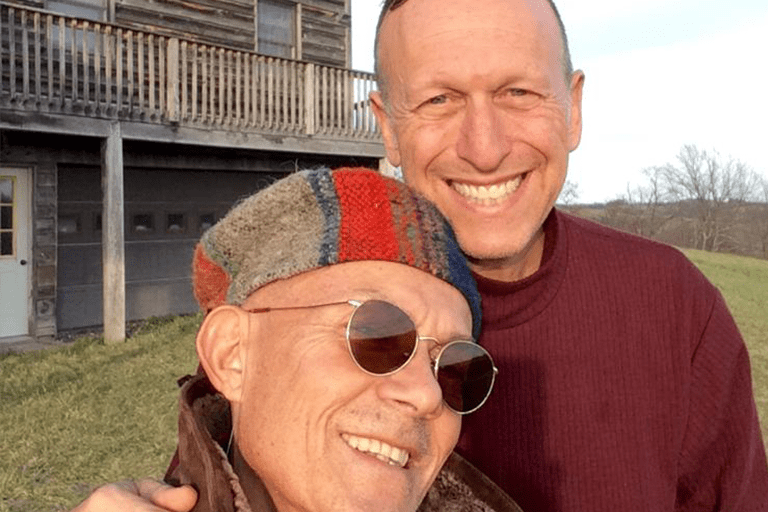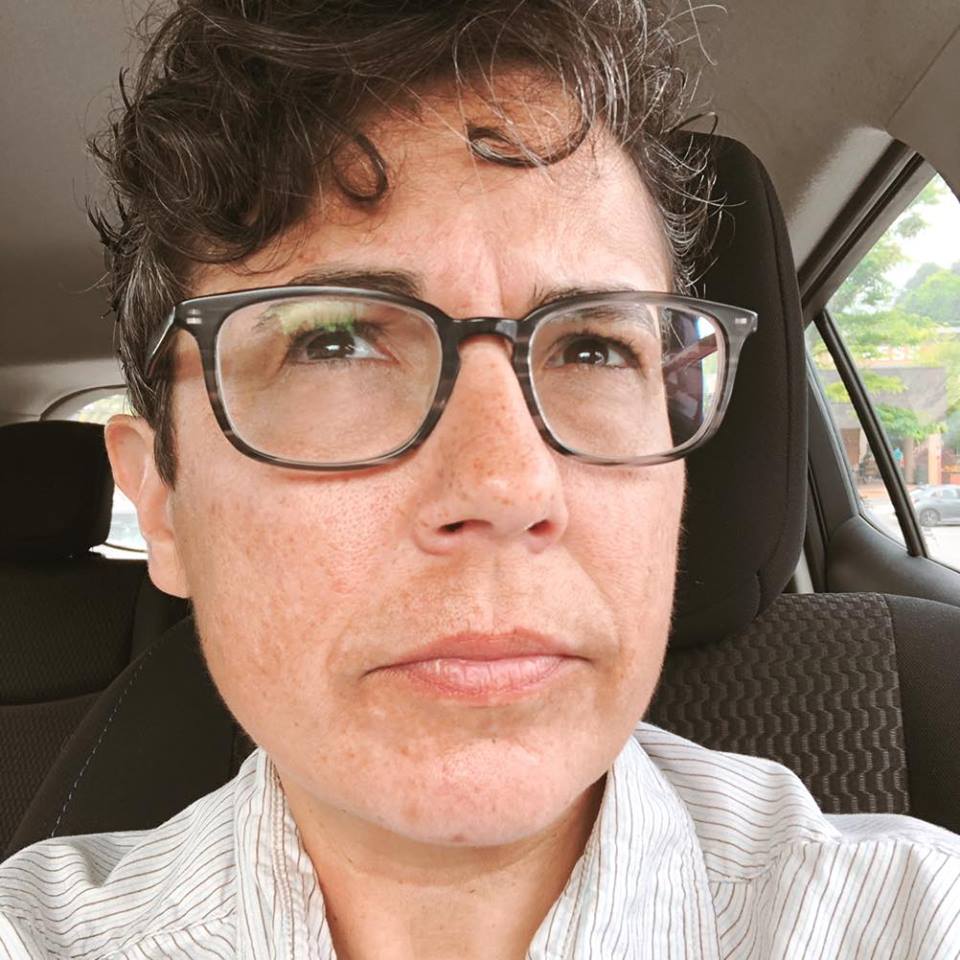Personal stories are emphasized in a new campaign underway in Costa Rica to bring about social and cultural acceptance of LGBTQ+ people ahead of marriage equality being legalized in the Central American country in 2020.
Named “Sí, Acepto,” or “Yes, I accept,” the marketing campaign began in August and is backed by more than 30 organizations and businesses. LGBTQ+ people, their families and friends share their personal stories of love and the fight for equality in ads and video testimonials in the campaign that hopes to thwart negative blowback.
“We want to contribute to reducing possible social barriers or cultural resistance around the [legalization] of equal civil marriage, through a message based on love, values and human stories that connect,” said Gia Miranda, project manager of Sí, Acepto campaign, according to the campaign’s website.
The Inter-American Court of Human Rights, located in San José, the capital of Costa Rica issued a decision in January 2018 that same-sex marriage would become legal by 2020, making Costa Rica the first Central American country to have marriage equality.
Costa Rica’s Supreme Court followed up with a November 2018 ruling declaring that lawmakers had an 18 month deadline to institute marriage equality, as reported in Equally Wed. Legalizing marriage equality was a major campaign promise by President Alvarado Quesada, who took office in May 2018. The law is expected to go into effect May 26, 2020.
Despite the court ruling and the president’s support of marriage equality, Cost Rica has reported an increase in violence against LGBTQ+ people in recent years.
The Costa Rican Ombudswoman’s Office reported last year it had received reports from LGBTQ+ people “who have felt fearful of exercising their political rights in the current climate” and that “the country has become deeply polarized, and this tension has led to high levels of expressions of hate and violence, insult and exclusion.”

Personal stories played a major role in turning the tide toward more social acceptance of marriage equality in the U.S. before the Supreme Court ruled same-sex couples had the right to marry on June 26, 2015.
Evan Wolfson, founder of Freedom to Marry, a driving force in the U.S. marriage equality movement, praised the Costa Rica campaign for working to raise the profile of LGBTQ+ people and their stories.
“It’s been proven time and time again — in the U.S. and across many countries in Latin America — that when people hear why marriage matters to their gay and lesbian neighbors, as it does to them, and talk about personal stories and shared values, support for the freedom to marry grows,” he told the Washington Blade.






























